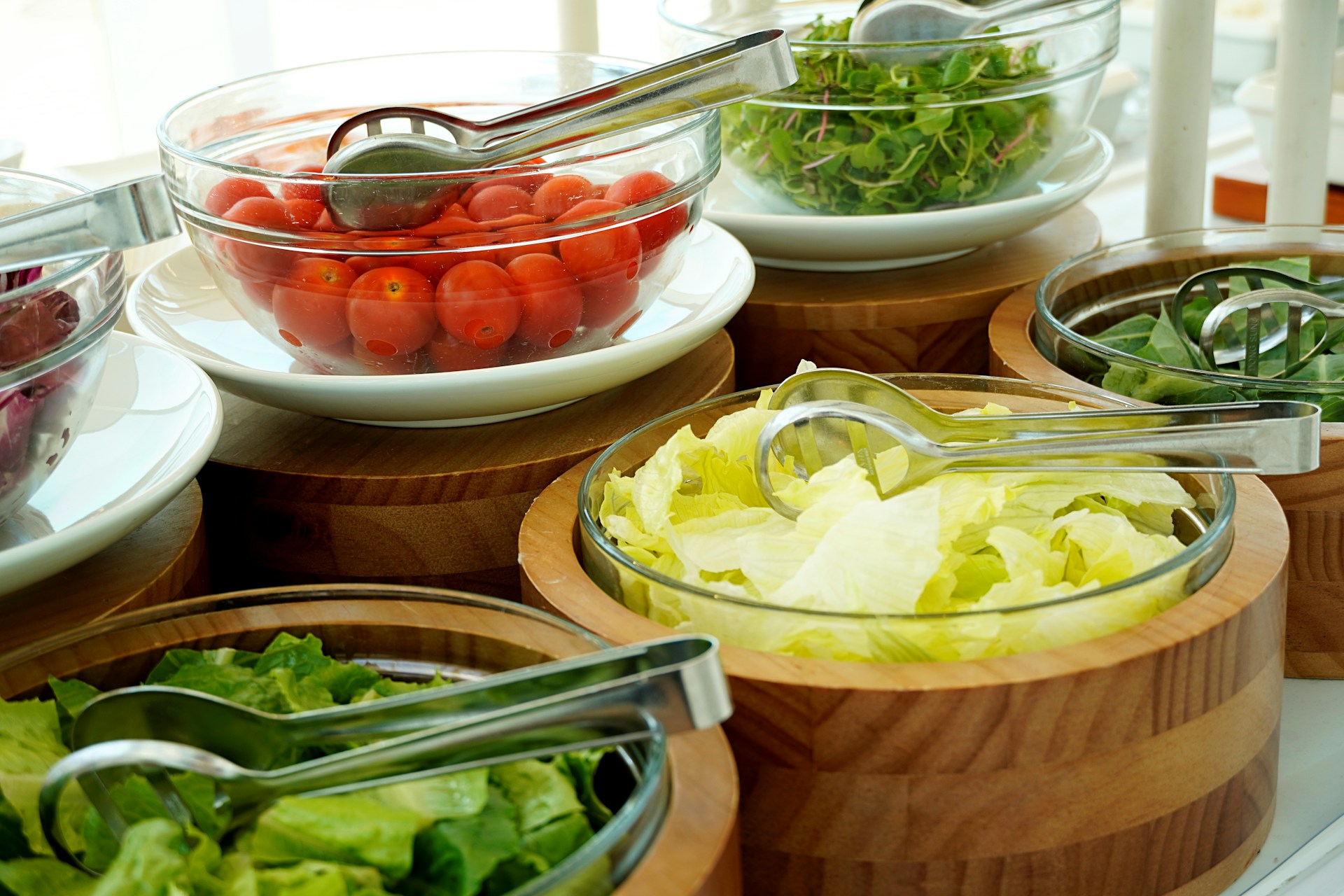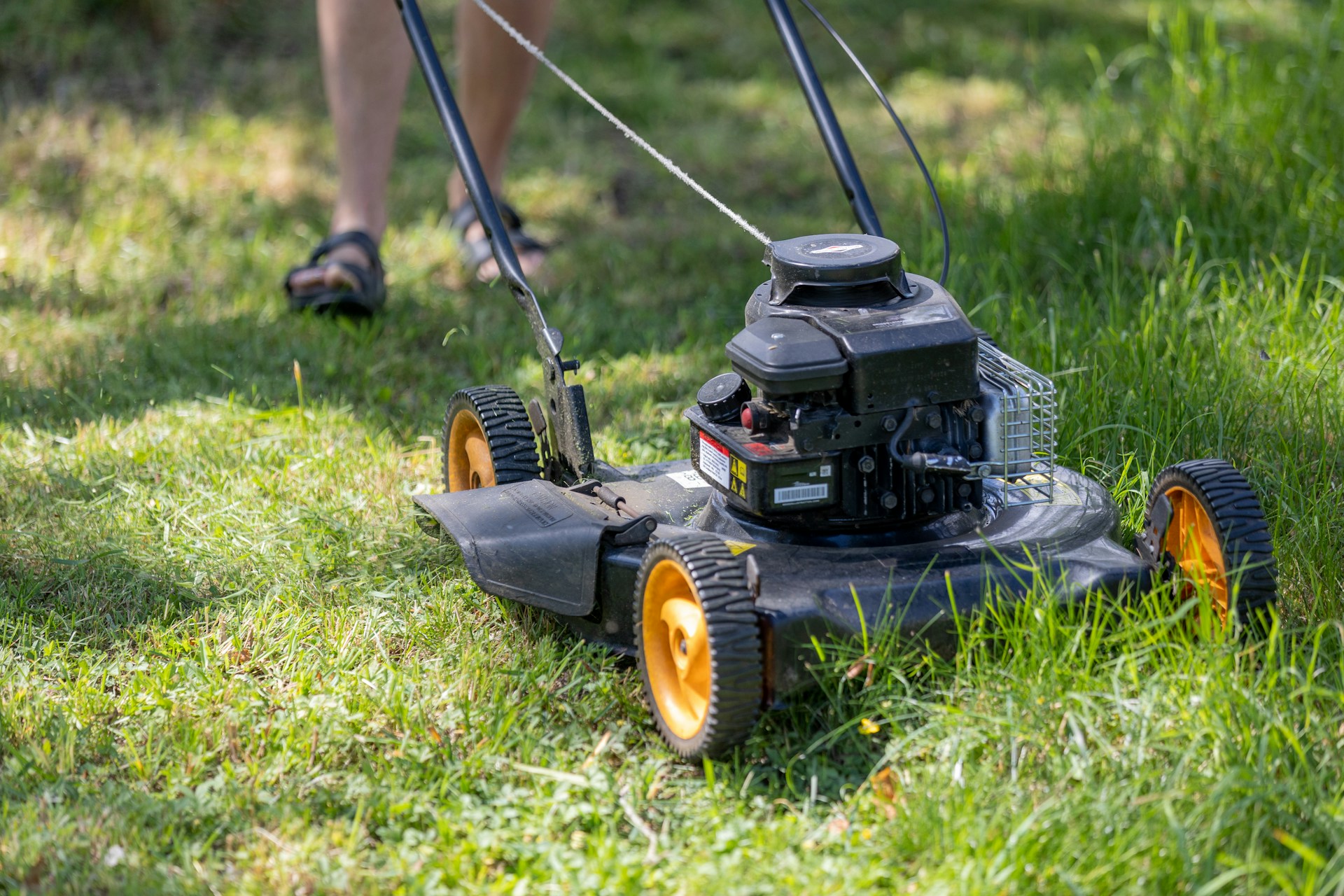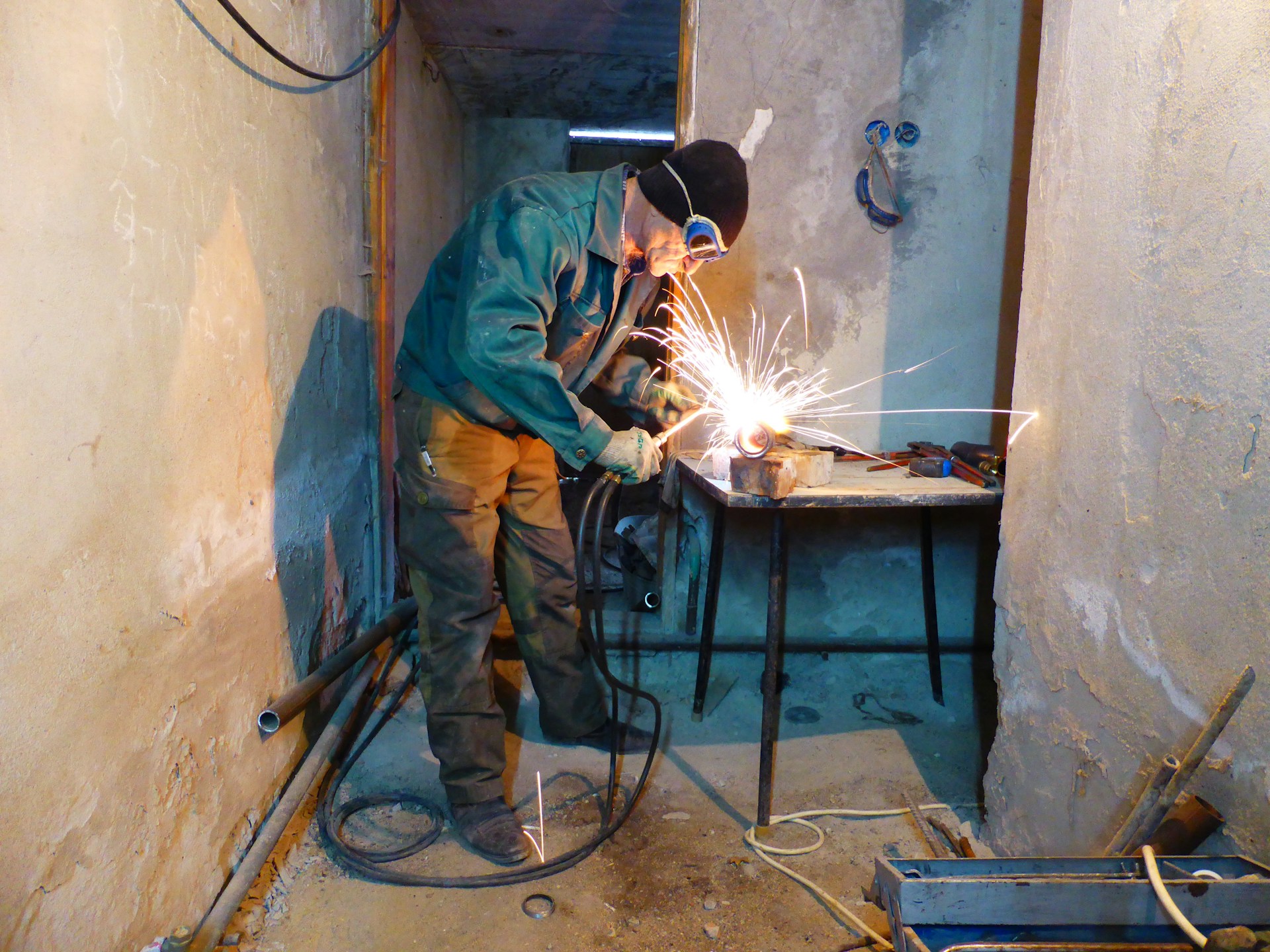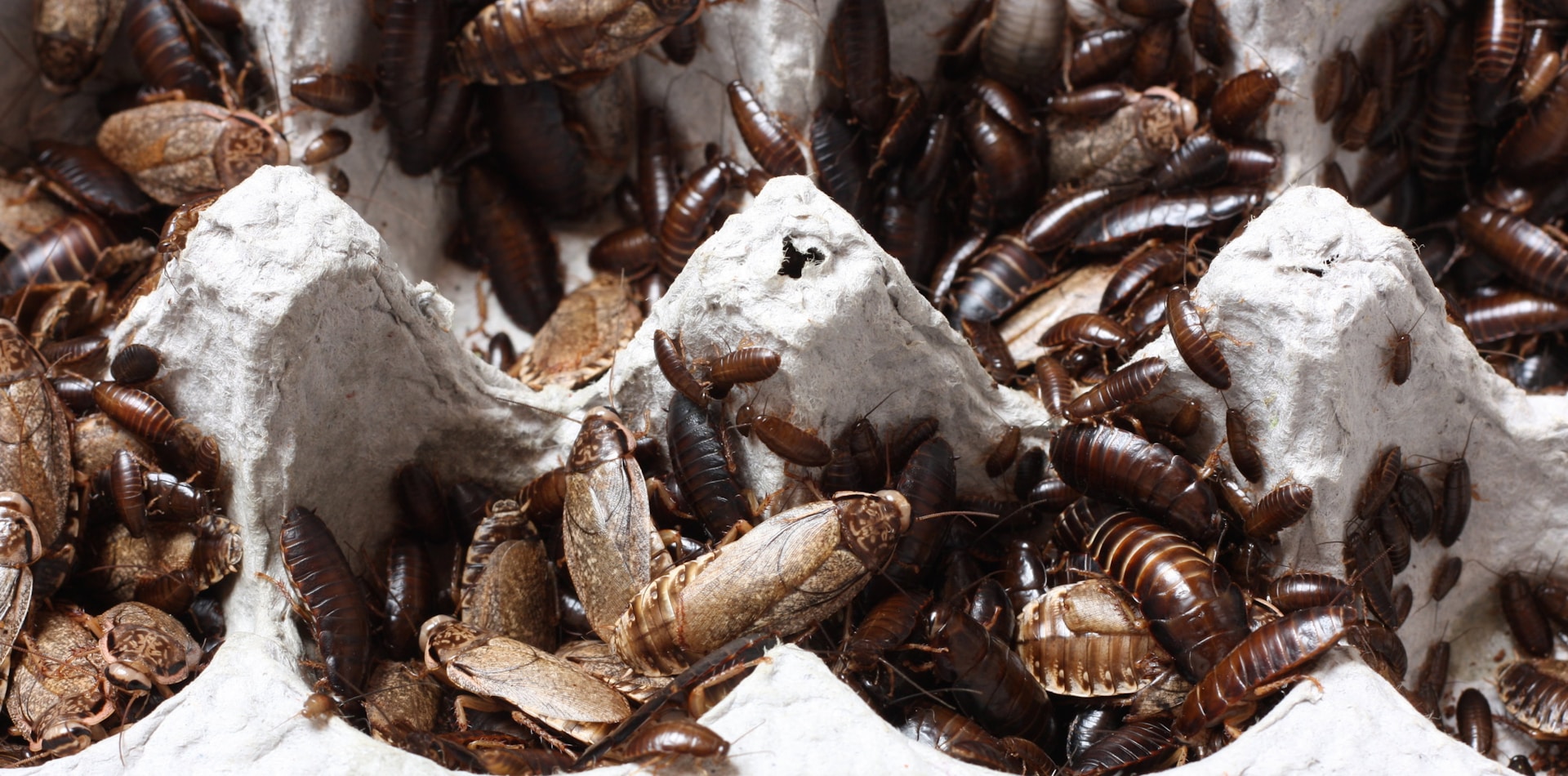
Welcoming a golden retriever puppy into your home is an exciting and rewarding experience. Known for their friendly and sociable nature, golden retrievers make fantastic family pets.
However, raising a golden retriever puppy requires dedication, patience, and a solid understanding of their needs.
This guide will walk you through the essential aspects of caring for your new furry friend, ensuring you provide the best start possible for your golden retriever’s life. We’ll cover all the essentials you need to know.
Selecting the Right Breeder
Why Choose a Reputable Breeder?
Choosing the right breeder is crucial when bringing a golden retriever puppy into your home. Reputable breeders in Michigan prioritize the health and well-being of their puppies, offering a strong foundation for your new pet. They adhere to ethical breeding practices and ensure that each puppy receives proper care and socialization from birth.
Questions to Ask Breeders
When looking for golden retriever breeders Michigan, ask important questions to gauge their credibility. Inquire about the puppy’s health history, vaccination records, and the breeder’s experience. A reputable breeder will be transparent and willing to provide all necessary information, including any potential genetic concerns associated with the breed.
Visiting the Breeder’s Facility
Before making your decision, visit the breeder’s facility to observe the environment in which the puppies are raised. A clean and nurturing environment indicates that the puppies are well cared for. Additionally, interacting with the puppies’ parents can give you insights into the temperament and behavior you can expect from your future furry companion.
Feeding Your Golden Retriever Puppy
Understanding Nutritional Needs
Golden retriever puppies have specific dietary needs that must be met to support their rapid growth and development. Providing a balanced diet with the right amounts of protein, fats, and carbohydrates is essential. Consult your veterinarian to determine the best plan for your puppy’s age and weight.
Choosing the Right Food
Select high-quality puppy food specifically formulated for large breeds. Look for options that list meat as the primary ingredient and avoid foods with excessive fillers or artificial additives. Proper nutrition sets the foundation for healthy skin, coat, and overall well-being.
Establishing a Feeding Schedule
Create a consistent schedule to regulate your puppy’s digestion and maintain their energy levels throughout the day. Typically, golden retriever puppies should be fed three to four times a day. Monitoring your puppy’s weight and adjusting portion sizes as they grow will help prevent obesity.
Vaccinations and Health Care
Importance of Vaccinations
Vaccinations play a vital role in protecting your golden retriever puppy from common diseases. Following a vaccination schedule recommended by your veterinarian ensures that your puppy builds immunity against potentially life-threatening illnesses like parvovirus, distemper, and rabies.
Routine Vet Visits
Regular veterinary visits are essential to monitor your puppy’s health and address any concerns. Your veterinarian will perform thorough examinations, track growth, and administer necessary vaccines Additionally, they can guide you on parasite prevention and dental care.
Understanding Common Health Issues
Golden retrievers are prone to certain health issues, such as hip dysplasia and ear infections. Familiarize yourself with these conditions and recognize their early signs. Early detection and preventive measures can significantly improve your puppy’s quality of life.
Managing Teething Challenges
Recognizing Teething Signs
Teething is a natural phase in your puppy’s development, characterized by the eruption of adult teeth. During this period, you may notice increased chewing, drooling, and irritability. Understanding these signs can help you provide appropriate support.
Providing Appropriate Chew Toys
To alleviate discomfort and prevent destructive chewing, provide your golden retriever puppy with safe and durable chew toys. Opt for toys specifically designed for puppies, as they soothe gums and promote healthy dental habits.
Addressing Chewing Behavior
Redirect your puppy’s chewing behavior to appropriate toys whenever they start nibbling on furniture or other items. Consistency and positive reinforcement are key in teaching your puppy what is acceptable to chew on.
Establishing a Sleep Schedule
Creating a Comfortable Sleeping Environment
Setting up a comfortable sleeping area is essential for your golden retriever puppy’s rest. Provide a cozy bed or crate with soft bedding in a quiet corner of your home, away from noise and disturbances.
Establishing a Routine
Puppies thrive on routine, and a consistent sleep schedule can help them feel secure and well-rested. Set a regular bedtime and wake-up time to establish a reliable daily rhythm. Avoid stimulating activities before bedtime to encourage a smoother transition to sleep.
Addressing Nighttime Whining
It’s common for puppies to whine during the night, especially when adjusting to a new environment. Resist the urge to comfort them immediately, as this can reinforce the behavior. Instead, ensure their needs are met before bedtime, and gradually teach them to self-soothe.
Effective Crate Training Techniques
Benefits of Crate Training
Crate training provides a safe and secure space for your golden retriever puppy. It aids in housebreaking, reduces anxiety, and prevents destructive behavior when you’re not around. A properly trained puppy will view the crate as a den-like retreat.
Introducing the Crate
Introduce the crate gradually, making it a positive experience for your puppy. Use treats and toys to entice them inside, and avoid forcing them. Allow your puppy to explore the crate at their own pace, and gradually increase the time they spend inside.
Building Positive Associations
Create positive associations with the crate by feeding your puppy meals inside it and offering praise and rewards when they enter voluntarily. Never use the crate as a punishment, as this can lead to negative associations and resistance.
Conclusion
Raising a golden retriever puppy requires dedication, patience, and a commitment to meeting their unique needs.
By selecting the right breeder, providing proper nutrition, staying on top of vaccinations, managing challenges, establishing a schedule, and implementing effective training techniques, you can ensure your new furry friend grows into a well-adjusted and happy adult dog.
Remember, each golden retriever is an individual, and their needs may vary. Stay attuned to your puppy’s behavior and seek guidance from your veterinarian or experienced trainers when needed.
Enjoy the rewarding journey of raising your golden retriever puppy, and cherish every moment of companionship and joy they bring to your life.



















































